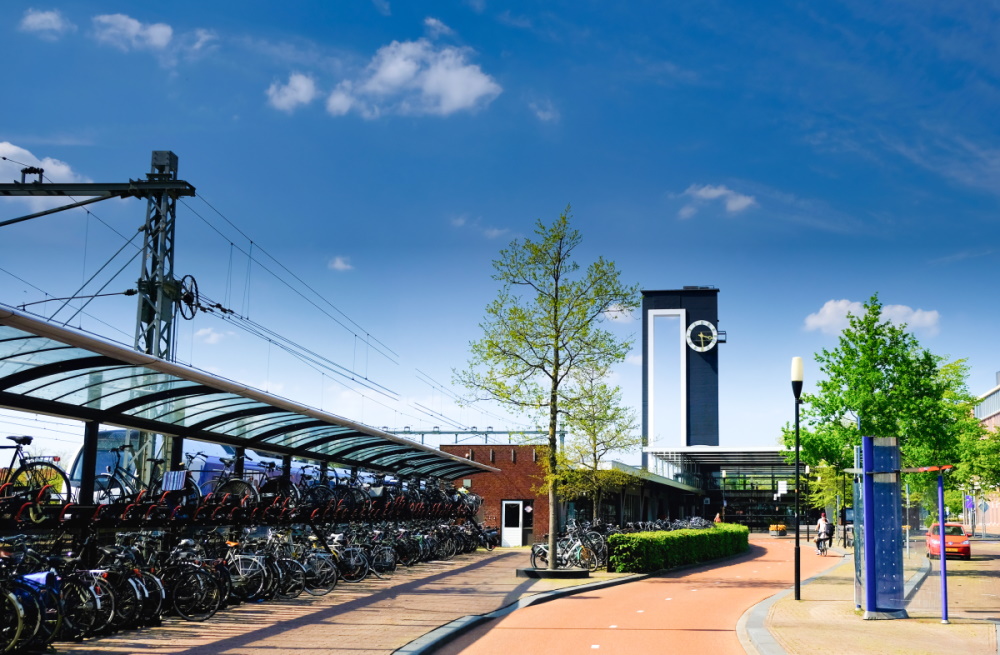Bind, Engage, Captivate and Retain!

Google for reasons why you should come and work at large companies such as BASF, Envalior, DOMO and Covestro and you will always get the same answers. The order and description may differ slightly, but it all comes down to the same thing: working in a safe and inspiring work environment, where you are given the freedom to develop your talents in such a way that you achieve exceptional performance; employees come first and sustainability and the fun factor are also recurring terms.
You might think that people only want to work for medium and large companies, because it looks ideal and it sounds fantastic.
But what do you see happening in practice and reality?
There are social developments aplenty... we have just come out of the Corona pandemic, the terrible war in Ukraine (with all its economic consequences), Brexit with all kinds of consequences for the UK and the EU, the nitrogen emission crisis, the energy transition, ageing, dejuvenation; am I forgetting one or two?
And everything and everyone reacts almost Newtonian to this: every action has an equal (opposite) reaction.
After decades of globalisation, de-globalisation now seems to be taking place by governments with protectionism in the US and even in the EU.
After decades of delaying the implementation of environmental measures, there is now no escaping it and so much has to be done that it not only costs a lot of money, but also causes enormous social unrest.
After decades of mergers, (re)sale of business units, increasing financing by investment companies, decrease in R&D activities and innovation budgets, reorganisations and dismissal of employees, there is an increasing social and economic distance between management and employees.
What governments and (large) companies in particular seem to fail to realise is that citizens and employees also respond. You see that in healthcare, where employees become self-employed and are hired at higher rates, in the technical professions where there is a huge increase in Freelancers and Consultants, the increase in highly innovative Startups.
People no longer have the automatism of working a lifetime for one company, have become less afraid to retrain for other professions in the meantime, want more freedom and less work pressure and make different choices in the knowledge that the retirement age is still some time away and that because of the shortage on the labour market there really is something to choose and to demand.
And of course this does not apply to everyone, but to a significant, and growing, number of people it does and in the already tight labour market, every employee counts.
Have the big companies missed the Personnel-train?
I don't think it's definitive, because here too every action will have a reaction, but more will have to happen than just that “perfect workplace full of inspiration”. People look through that, read and see the experiences of others, look at what the companies actually do in practice for and with the employees, no longer connect their own identity with that of a company, think more in terms of personal development and gain and work-life balance has become more important again.
And companies will have to respond to that!
In the first place "Paper versus Practice" and you having the organisation you want to be or say you are: are employees free to make their own choices, do you have a diversity of employees throughout your organisation, are ideas and innovations stimulated and facilitated and do you have the right managers and executives that suit that inspiring and safe organisation that supports employees and helps them to get the best out of themselves, suitable for that individual employee?
In addition, it is increasingly important that companies demonstrate their social commitment not only in words, but also in deeds, with the key word being “sustainability”!
And then it certainly concerns issues such as energy consumption, responsible materials and climate. But it is also about the long-term relationship and bonding with employees, which does not always have to be a lifetime, but of high quality, focused on the present and the future and certainly not exchangeable at the first economic headwind or subsequently regarded as a cost object.
The CBS (Statistics Netherlands) has a nice definition of Sustainable Development: “Sustainable development is development that meets the needs of the present without compromising the ability of future generations to meet their own needs.” This definition is what companies' strategic HR vision should be about: what do current and future employees need in each phase of their (working) life.
The Employee-train has not yet (completely) left the platform!
Feel free to contact us or request a quotation




